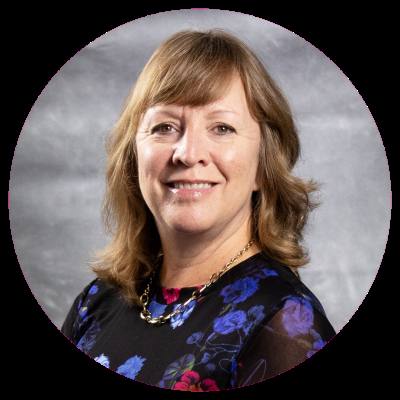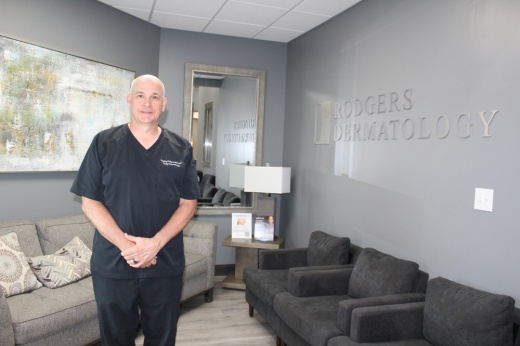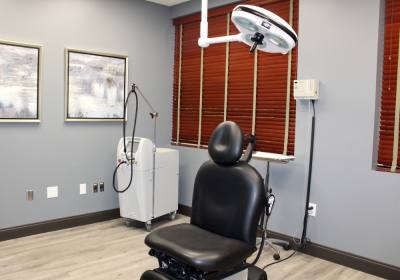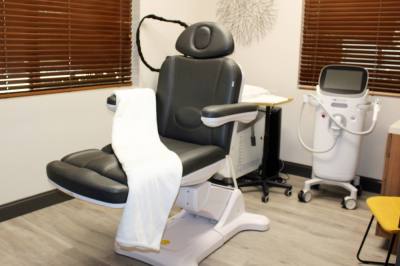Rodgers opened Rodgers Dermatology in Frisco in 2006 followed by a second office in Prosper in spring 2025.
The overview
Rodgers’ patients range from pediatric through geriatric and he offers medical, surgical and cosmetic dermatology treatments.
He said the field has been as rewarding as he had hoped.
“Daily, there are a lot of little successes that happen like finding skin cancers and treating whatever has been really impacting the life of the patient,” Rodgers said. “A lot of patients suffer skin problems in silence and they're embarrassed—it's uncomfortable, painful, itchy—and it really impacts school, work, their life. So being able to treat that, to improve their life, is a success.”
The details
The top two conditions treated at Rodgers Dermatology are acne and skin cancer.
“We treat acne quite a bit, whether it's children, teenagers or adults,” Rodgers said. “We have a whole array of ways to treat that [including] topical and oral medications. We also have procedures that can be done in the office like lasers and chemical peels. We can customize it to individual patients depending on the severity of it.”
Rodgers treats skin cancer in a variety of ways including in-office surgical procedures, which is their most prevalent option. A less common treatment involves topical cream.
“We do a specialized type of skin cancer surgery called Mohs, where we use a microscope to make sure we get all the margins of the skin cancer,” Rodgers said.
What else?
Cosmetic dermatology is a top requested service at Rodgers Dermatology. Multiple options are available to remove fine lines and wrinkles including Botox and Juvederm. Other less common requests include tattoo removal and hair loss treatments.
“Platelet Rich Plasma (PRP) is where you have blood drawn then we take those tubes and spin them down and draw the platelet and the plasma at the top of it,” Rodgers said. “That can be used to inject into the skin for hair growth and skin rejuvenation. It's one of the newer treatments we have added over the last few years.”
The impact
One thing that has surprised Rodgers regarding his career as a dermatologist is the ability to participate in clinical research. He said this has been a win-win situation for the practice and patients because the medication is provided at no cost and patients get reimbursed for clinic visits.
“We started partnering with different companies and research organizations so we can bring a lot of cutting edge treatments to patients ... for psoriasis, eczema or conditions like that. This has grown into a big part of the practice,” Rodgers said. “It can really open a lot of doors to people who may not otherwise have access to it.”
- 3880 Parkwood Blvd., Ste. 102, Frisco
- 2120 Prairie Drive, Ste. 101, Prosper
- www.rodgersderm.com







